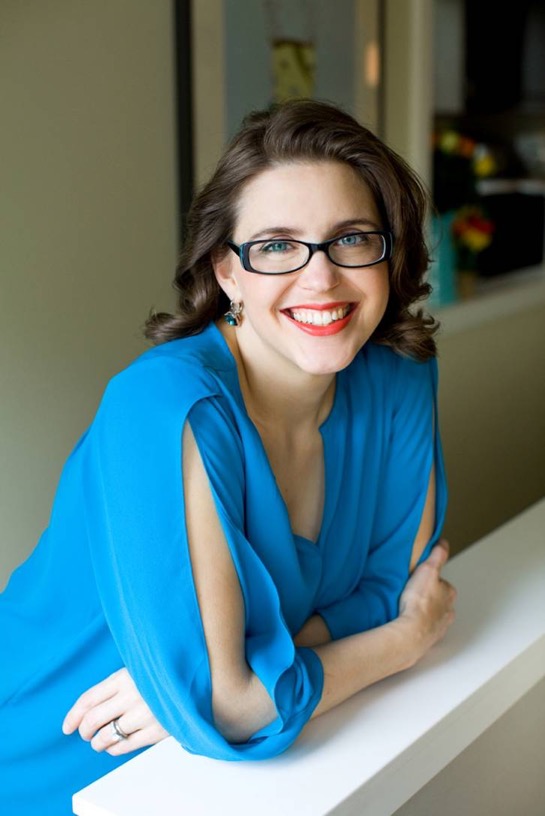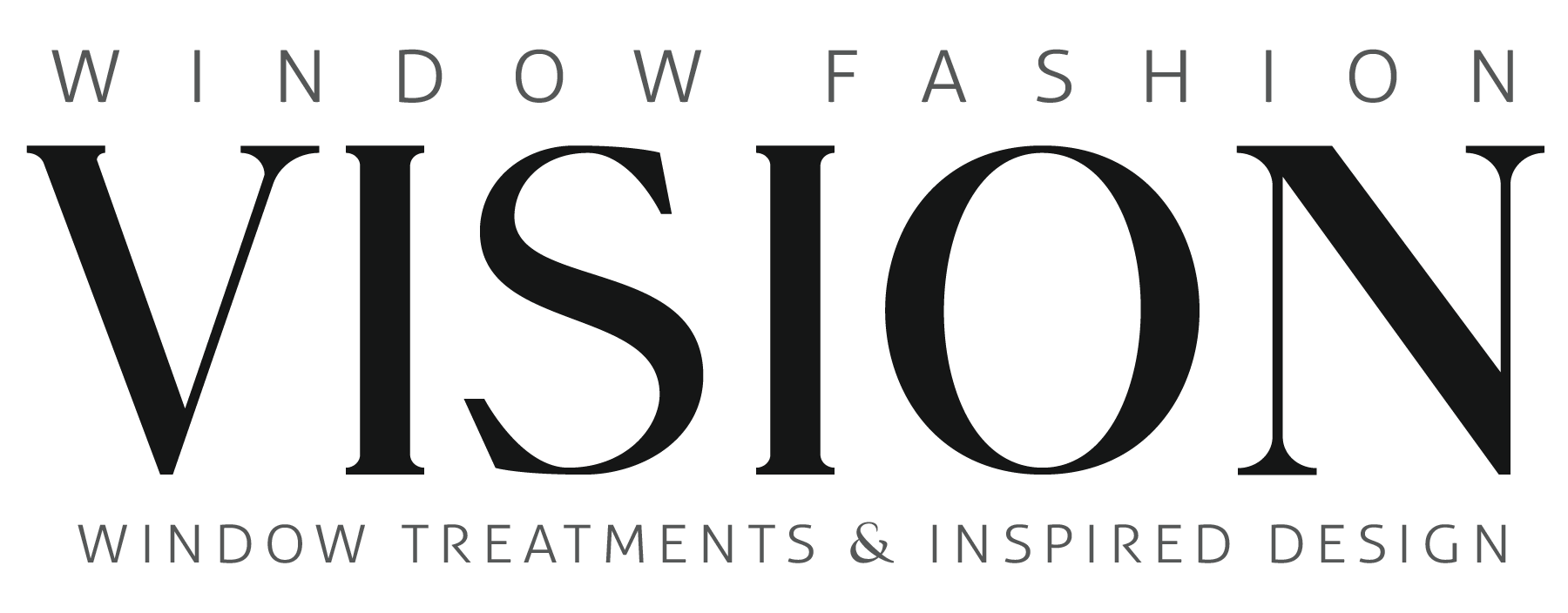By Rebecca West, Seriously Happy Homes

If you’re feeling frustrated by the on-demand culture created by HGTV and Amazon, or if you’ve felt discouraged by clients shopping around you and undercutting your markup, I have good news! It’s not all doom and gloom. This new reality gives designers a chance to offer something new to this new class of client—and make a really good living doing it. I’m talking about the stand-alone design consultation.
Whether you call it a consultation, design coaching or a design chat, what you are creating is an opportunity for people who are not ready to invest in a full design to pay you for your expertise. The benefit for them is that it will save them hundreds of hours figuring out basic design principles. The benefit for you—besides the opportunity to make money from offering advice—is the chance to develop a relationship with someone who may need a full design one day or recommend you if they know someone looking for a designer.
Many of us are already doing a version of a design consultation, but not making any money off of it. Have you ever spent an hour with a client talking through their space and design needs and sharing ideas for what you might do with the space, only to have them not sign on as a client? That may be because you already gave them what they needed: a jump start on their DIY design.
Now, before you groan and moan about how they can’t pull off a design at the same level as a professional designer, that isn’t the point. This particular client isn’t ready to hire a designer. They just want DIY guidance. Why not save yourself a bit of frustration and find a way to get paid for your good advice?
In my firm, we call our single-use sessions “Quick-Action Sessions.” Because I love a pop quiz, they are my favorite design service. I get to swoop in like a home design superhero—answer all kinds of fun questions about color, how high to hang artwork, what kinds of window treatments would work best on their windows and where to start with a kitchen remodel—and leave without any homework. It keeps my services accessible to folks on a tighter budget so I can help more people get happy at home, and it aligns with our on-demand reality.
The math can really work on this. In the Seattle area, the average price per hour for a design consultation is about $175. They are usually offered in hour-and-a-half to two-hour appointment lengths. Some of my colleagues take notes and send a follow-up action plan after the session. Others, like myself, ask the clients to take their own notes (sometimes they choose to video or audio record me) and I only follow up with specific contractor referrals if needed. That means your cost is just the drive time and gas, plus any follow-up notes you choose to send. They get access to expert advice. You take home practically pure profit.
If this appeals to you, the key is to define what your consultation will look like, and clearly distinguish it from the initial conversation you would have before a big project. If you define the services clearly on your website, and ask good intake questions, then you won’t have a client who is a better fit for a single-use session mistakenly have you over for a pre-project consultation. Words like “quick,” “chat,” “immediate solutions” and “brainstorm” will help you connect with a client who just wants to pick your brain. Words like “get to know your designer,” “define the scope of your project” and “design project fees start at $5,000” all help clarify that a pre-project conversation will be leading to a bigger project and will not be about design ideas.
Of course, you’ll have to develop the discipline to keep most of your good ideas to yourself during a pre-project conversation. That will be easier if you set a clear expectation that you’ll use that hour to gather information about the scope of the project and the client’s design goals, get to know them and their lifestyle, and answer their questions about your service process and what to expect during the project. The goal of a pre-project conversation isn’t to solve their design dilemmas. It’s to be able to put together an accurate design agreement for their review.
So here’s the takeaway. Paid consultations might be for you if you:
- like the adrenaline of a pop quiz.
- like having all the fun and none of the work.
- enjoy non-luxury clients and want to remain accessible to “real people” with real-life budgets.
- would like to stop giving away your advice for free.
Why not give this service a try? Like me, you might find it fun and profitable!
Author and design psychology coach Rebecca West is an incurable optimist who is on a mission to help you get happy (at home, in business and in life). She and her team provide interior design services in Seattle at Seriously Happy Homes, but she doesn’t care if you ever buy a new sofa—she just wants your home to be your happy place. Rebecca is available for virtual one-to-one coaching worldwide for people looking to grow a happy design business. Find her on Facebook, Twitter, Instagram and Pinterest.




